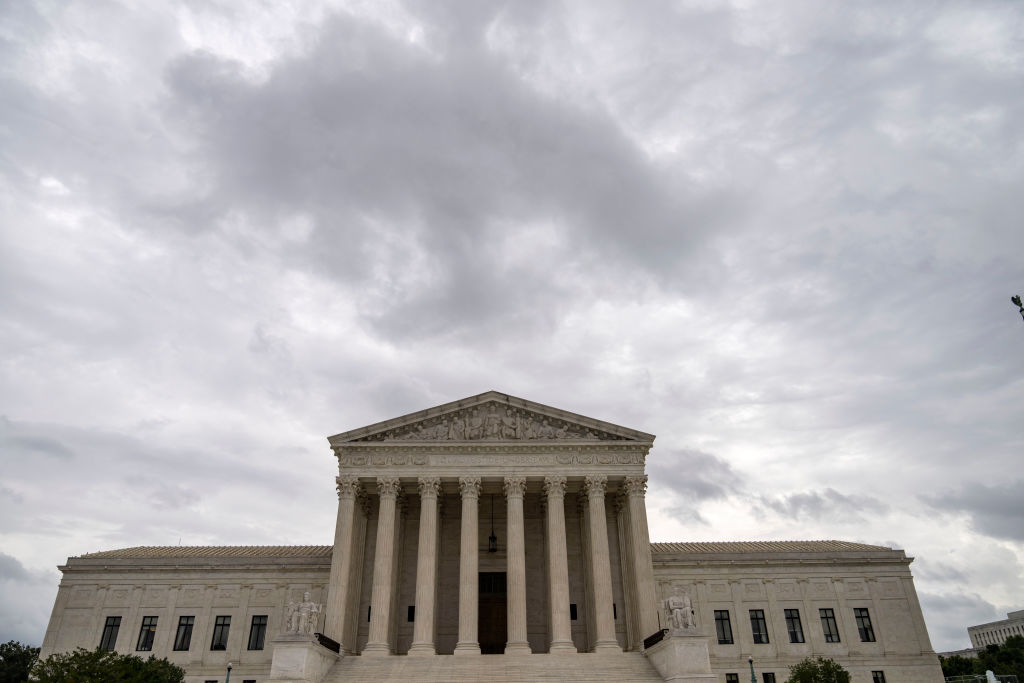A statement from the Poway Unified Board of Education: “Tonight, unfortunately, the Poway Unified Board of Education was advised by law enforcement to adjourn the school board meeting without conducting the business of the District.
A small, disruptive group forced their way inside the district office, pushing past staff. The group was politely asked to leave but refused. The protestors not only prevented the Board from doing the business of the school district, which serves nearly 36,000 students, but also prevented recognition of our hardworking teachers, classified employees of the year, and student representatives.
The Poway Unified Board of Education has a vested interest in including the public in our meetings, and we have a well-established process to do so. This meeting was clearly posted as a meeting with limited in-person attendance due to COVID safety protocols, defined under the Governor’s modified health order which temporarily allows public comments and attendance via teleconference. The meeting is live streamed and accessible to the public, and there were dozens of members of the public who signed up in advance, waiting to speak via the online link. Just this week alone, Board members received nearly a thousand emails from our stakeholders respectfully advocating their opinions and positions on various topics.
However, due to the ongoing presence of protestors who refused to leave the meeting room and verbally abused the staff, law enforcement advised adjourning the meeting to ensure the safety of our staff and students. This is an unfortunate example of modeling inappropriate behavior for our students and children who were present. The Board encourages civil discourse, but this type of behavior will not be tolerated at any meetings.”








